Running out of storage on your PS5? We've rounded up the best external drives and SSDs for PS5, and now you can use the internal M.2 SSD slot. Sony has finally confirmed hardware requirements for the M.2 slot on the PS5, and the latest software update allows you to use an internal SSD to increase your console's storage. These are the best M.2 SSDs for your PS5.
PS5 M.2 SSD requirements
Before we get started, we'll need to take a look at the list of hardware requirements for an M.2 SSD to work as an internal drive on the PS5. On Sept. 15, 2021, Sony released a software update that lets everyone use the M.2 SSD slot to extend the storage of their PS5 consoles.
Sony's M.2 hardware guidelines are pretty stringent, so you will need to pick up the latest M.2 drives. These are the full requirements for an M.2 drive to work as internal storage on the PS5:
- PCIe Gen4 interface
- Minimum sequential read speeds of 5,500MB/s
- Drive storage has to be within 250GB to 4TB
- M.2 form factor with 22mm width
- Mandatory heatsink
- Drive and heatsink height needs to be under 11.25mm
Because of the M.2 slot, you won't be able to use a SATA SSD with the PS5; take a look at our guide on how to install an SSD on PS5 to get a better understanding of what drives are eligible for the PS5. While the PCIe Gen4 requirement was a given, Sony is very conservative about drive sizes and cooling. Any M.2 drive needs to have a width of 22mm or less, which rules out a few options. Furthermore, M.2 drives need to have a heatsink, and the combined height of the drive and the heatsink should be under 11.25mm.
This particular requirement makes a lot of drives — including Corsair's excellent MP600 series — ineligible for use with the best PS5 games available. However, you can get rid of the heatsink and add an aftermarket option. That said, now that Sony has outlined requirements for an internal SSD, we should see new drives from the best SSD makers that will work natively with the PS5. We'll add these drives to the list as and when they become available.
But if you want to buy a drive right now, you may be better off picking up a standard M.2 SSD and adding an aftermarket heatsink. You'll find heatsinks for under $20 (we have a few listed below), and going this route allows you to slot in best-selling models from Samsung and Sabrent. That said, there are several M.2 SSDs that now have a built-in heatsink, so we're going to highlight some of those options as well.
So with that out of the way, let's take a look at the best M.2 SSDs and heatsinks for your PS5.
1. Western Digital Black SN850: Best overall
Western Digital's Black series is aimed at gamers, and the WD Black SN850 is one of the best M.2 SSDs you'll find today. The PCIe Gen 4 drive offers sequential reads of 7,000MB/s, higher than what Sony is mandating. It is available in 500GB, 1TB, and 2TB options, with the 1TB configuration (WDS100T1XHE) in particular hitting the sweet spot for value.
The SN850 features a built-in heatsink. And with the height measuring 8.9mm, it fits within the M.2 enclosure of the PS5 without any issues. PS5 lead architect Mark Cerny has endorsed the SN850 in a tweet, so you don't have to worry about it being compatible with your PS5.
While the SN850 is a standout SSD for boosting the internal storage of your PS5, there are a few drawbacks. First, it is quite costly, coming in at $250 for the 1TB option, or about half the retail value of the PS5. But the bigger issue is availability; soon after Sony laid out the SSD requirements, PS5 owners started buying up eligible drives. The result is that the SN850 is already back-ordered at most retailers. But the upside is that it should be restocked soon enough.
Pros:
- 7,000MB/s sequential reads
- Built-in heatsink
- PCIe Gen 4 connectivity
- Five-year warranty
- Works with PS5
- 1.75 million hour MTBF (mean time between failure)
Cons:
- Costly
- Availability issues
Best overall
Western Digital Black 1TB SN850
Boost your PS5 storage
The SN850 meets all of Sony's internal M.2 SSD requirements, delivering blistering performance and long-term reliability.
2. Seagate FireCuda 530: Built for PS5
Seagate's FireCuda 530 has the distinction of being the first PS5-ready M.2 SSD, with this variant featuring a heatsink that is ideal for use case within Sony's latest console. The drive is available in 500GB, 1TB, 2TB, and 4TB configurations, and the 1TB model (ZP1000GM30023) is great for use within the PS5.
With sequential reads of an insane 7,300MB/s, the FireCuda 530 is one of the fastest SSDs you'll find today. That level of stellar performance is backed by a five-year warranty and a 5100 TBW (terabytes written) durability, meaning you can write and delete up to 70% of the drive's volume every day for five years without any issues.
Like the SN850, the main issue with the FireCuda 530 is availability; the drive was just announced, and the initial stock is already sold out. So you will have to wait a little while before it starts becoming available widely; in the meantime, you can see if it's restocked via the links below.
Pros:
- Sequential reads of 7,300MB/s
- Aluminum heatsink
- Fully compatible with the PS5
- PCIe Gen 4 interface
- 1.8 million hour MTBF (mean time between failure)
- Five-year warranty
Cons:
- Costs a premium
- Sold out at most retailers
Built for PS5
Seagate FireCuda 530 1TB SSD with Heatsink
The ideal game drive for PS5
The FireCuda 530 is a PS5-ready M.2 SSD designed to deliver class-leading performance for several years.
3. Gigabyte Aorus Gen 4 7000S: Best value
Gigabyte isn't a well-known player in the storage category, but it has been rolling out exciting M.2 SSDs aimed at gamers. The Aorus Gen 4 7000S uses the same 3D TLC NAND and controller as the best SSDs in the market. It comes with an aluminum heatsink with a nanocarbon coating that ensures the drive stays cool even during extended gaming sessions.
With sequential reads of 7,000MB/s and writes of 5,500MB/s, the Aorus 7000S easily blows past Sony's requirements, ensuring it delivers incredible performance. The drive is available in 1TB and 2TB configurations. What makes it an excellent choice for the PS5 is that it undercuts WD and Seagate; the 1TB drive retails at $200, and the 2TB option for $400, making it a relatively decent value.
And with dimensions of 80.5 x 23.5 x 11.25mm, the 7000S will easily slot into the PS5 without any issues. The drive has a 1.6 million hour MTBF (mean time between failure) and an endurance of 700 TBW (terabytes written). Both figures are less than what you get with Seagate, but they should still be more than adequate for use within the PS5.
Pros:
- 7,000MB/s sequential reads
- Custom aluminum heatsink
- Works with PS5
- PCIe Gen 4 connectivity
- 1.6 million hour MTBF (mean time between failure)
- Five-year warranty
Cons:
- Limited availability
Best value
Gigabyte Aorus Gen 4 7000S
The ideal 2TB upgrade
The Aorus 7000S offers the same level of performance as the best SSDs while undercutting them, making it a great value.
4. Samsung 980 Pro: Proven reliability
Samsung makes the best SSDs you can buy today, and the 980 Pro is one of the fastest drives in the market today. Like all the drives on this list, the 980 Pro delivers PCIe Gen 4 connectivity, and with sequential reads of 7,000MB/s, it is ideally suited for the PS5.
What makes Samsung's drives stand out is that it sources all of the hardware in-house, and this vertical integration has allowed Samsung to become the dominant player in this category. And with an endurance rating of 1.5 million MTBF and 600 TBW, the 980 Pro is designed to last for several years without any issues, and it is backed by a five-year warranty.
While the drive initially was only available without a heatsink, Samsung delivered a model with a heatsink specifically for PS5 users. Naturally, this version is more expensive, but it doesn't require users to go out and get a third-party heatsink to attach. You'll be paying more upfront for less hassle and extra work. It's also worth noting that right now, this drive can only be found in 1TB or 2TB sizes, meaning your options are pretty limited.
Pros:
- 7,000MB/s sequential reads
- PCIe Gen 4 connectivity
- Five-year warranty
- 1.5 million hour MTBF
Cons:
- Expensive
- Only available in 1TB or 2TB
Proven reliability
Samsung 980 Pro
A great overall option
Samsung's 980 Pro is one of the fastest drives around and is perfect for the PS5 now that it includes a heatsink. There are only two sizes available, though.
5. Micro Connectors M.2 2280 Heatsink: Best SSD heatsink
If you're going with a drive like the Samsung 980 Pro without a heatsink, you'll need to add a heatsink so it can work with the PS5. Fortunately, there are plenty of options available, and Micro Connectors' M.2 2280 SSD Heatsink is the best one around.
This particular heatsink is designed for M.2 2280 drives, and it features a silicone thermal pad and silicone rings to make it easy to install on your SSD. With a height of just 5mm, the design ensures it can easily slot into your PS5 as well. It's extremely important to add something like this to an SSD without a heatsink. Sony highly recommends not using an SSD without a heatsink in the PS5, as the extreme heat can degrade performance.
Pros:
- Low profile design
- Aluminum fins
- Easy to install
Cons:
- Manual setup required
Best heatsink
Micro Connectors M.2 2280 SSD Heatsink
A great heatsink for SSDs
If you already have a Gen 4 SSD and need to add a heatsink, this is the easiest way to do so.
6. ELUTENG M.2 2280 Heatsink: Cool it down
ELUTENG's M.2 2280 Heatsink is another alternative if you're looking for an alternative solution for an existing Gen 4 SSD. You get two heatsinks with the package, and both come in under Sony's mandated 11.25mm height requirement. Both heatsinks have a thermal pad and an aluminum design to distribute heat away from the SSD effectively.
Like the Micro Connectors heatsink I listed above, there is a chance that Sony will not allow the use of aftermarket heatsinks, so if you want to be absolutely sure, you should wait a little while and see if this particular route is a viable option.
Pros:
- Aluminum heatsink
- Two sizing options
- Easy to install
- Low profile design
Cons:
- May not work with the PS5
Cool it down
ELUTENG M.2 2280 Heatsink
Two options to cool your SSD
This is another great choice for Gen 4 SSDs, and the fact that you get two heatsinks in the package makes it a great value.
What SSD should you buy for your PS5?
Right now, if you're looking to buy an internal SSD for your PS5, the best choice is the Western Digital SN850. It ticks all the boxes for the PS5, and WD has officially confirmed that the drive works with Sony's console. And because the SN850 has been in the market for a few months, you have a decent shot of picking it up.
The second-place choice for an SSD to buy is whatever you see on this list that's in stock, provided you can afford it. Unfortunately, the ongoing shortage isn't likely to let up any time soon.
The Seagate FireCuda 530 is a stellar alternative designed for the PS5, but it is sold out right now, with no telling when it will be restocked. The alternative would be Gigabyte's Aorus 7000S. However, like the SN850, it's been available for a while, so it should be easy to find at most retailers. And when you consider the fact that it costs less than the other Gen 4 SSDs that feature a heatsink, you are getting a great overall package.
Credits — The team that worked on this guide
![]()
Harish Jonnalagadda is the Asia Editor of Android Central. A reformed hardware modder, he now spends his time writing about India's burgeoning phone market. Previously, he used to ponder the meaning of life at IBM. Contact him on Twitter at @chunkynerd.
![]()
Samuel Tolbert is a freelance writer covering gaming news, previews, reviews, interviews, and different aspects of the gaming industry, specifically focusing on PlayStation on Android Central. You can find him on Twitter @SamuelTolbert.
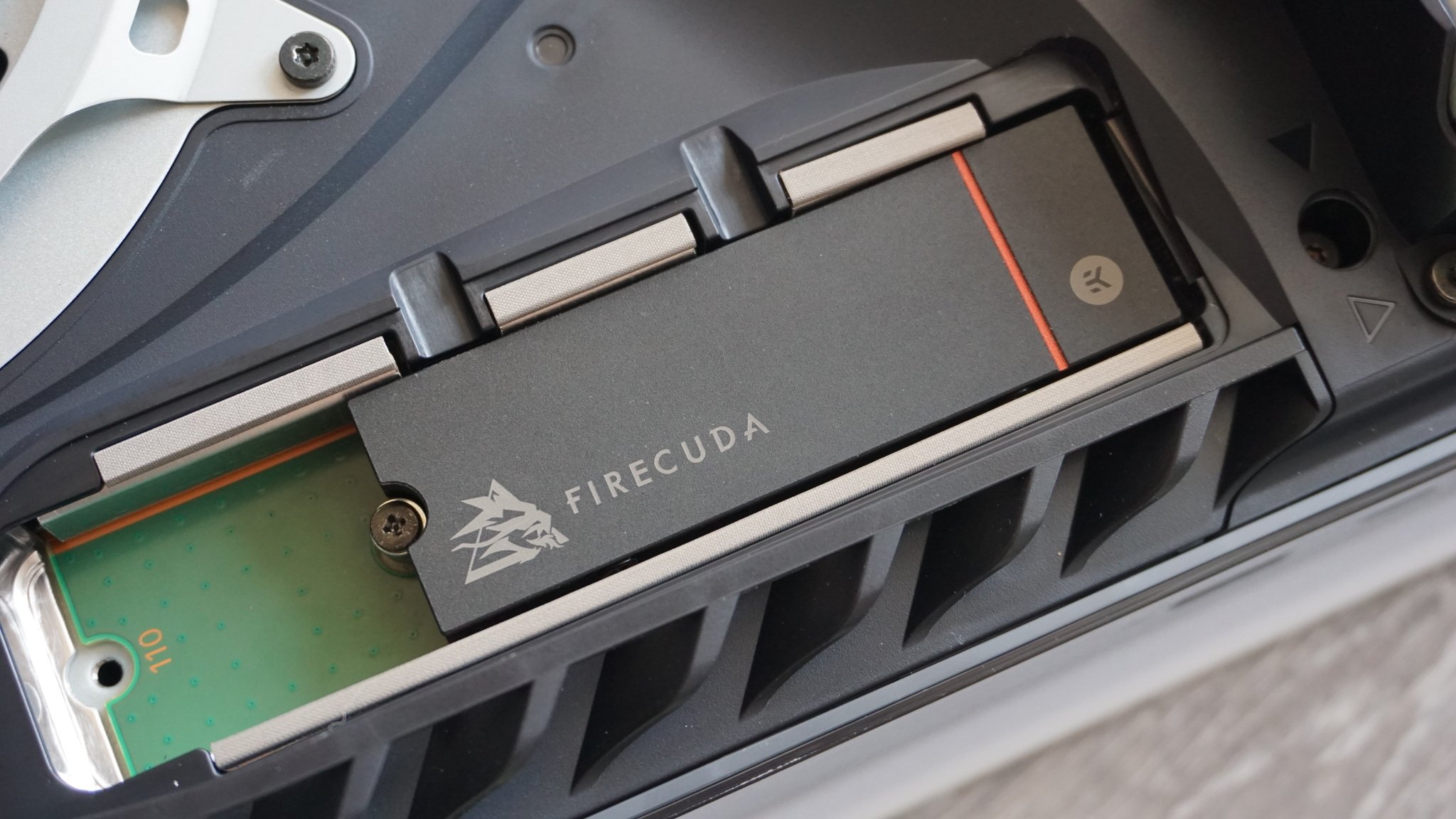
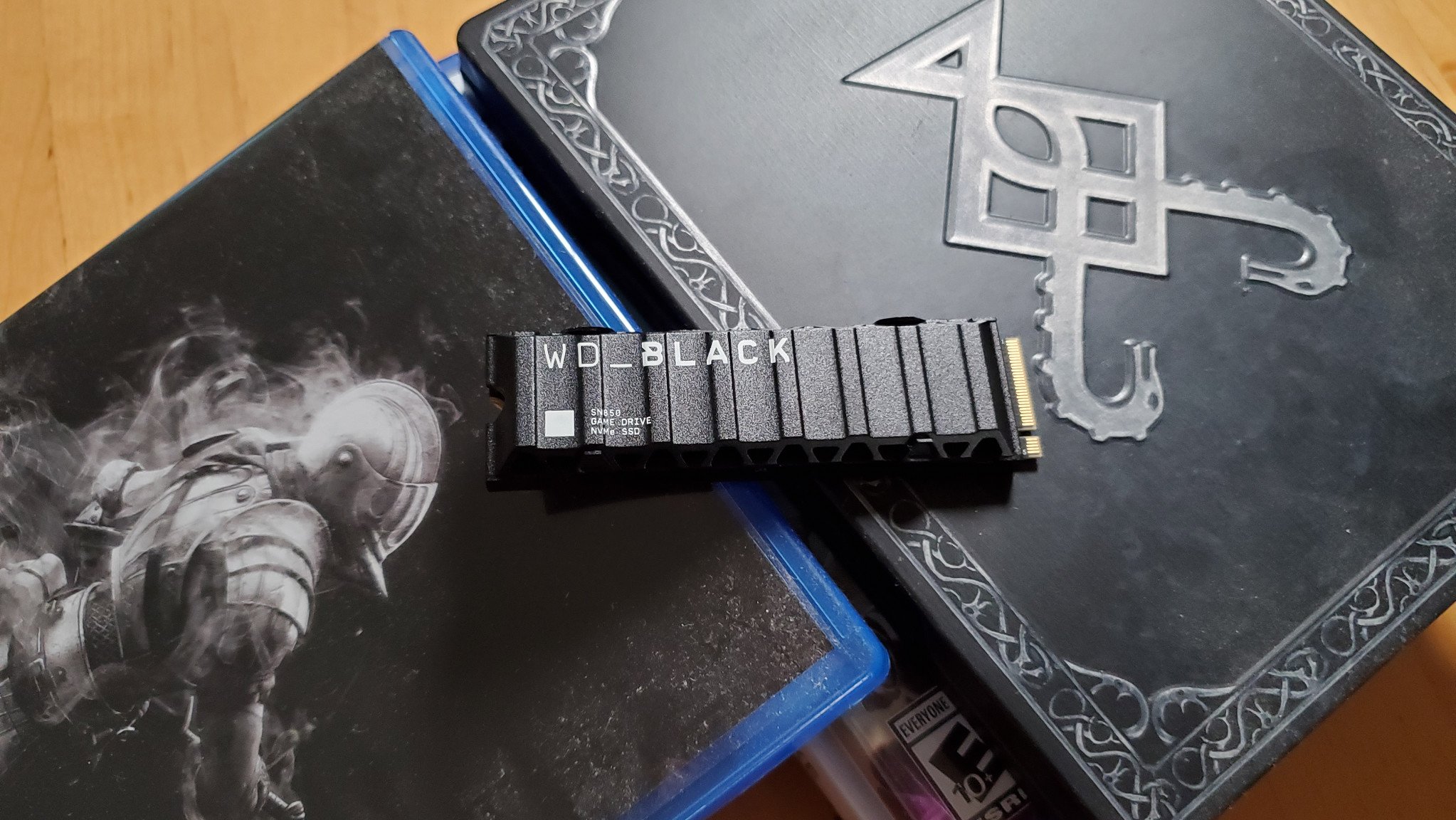

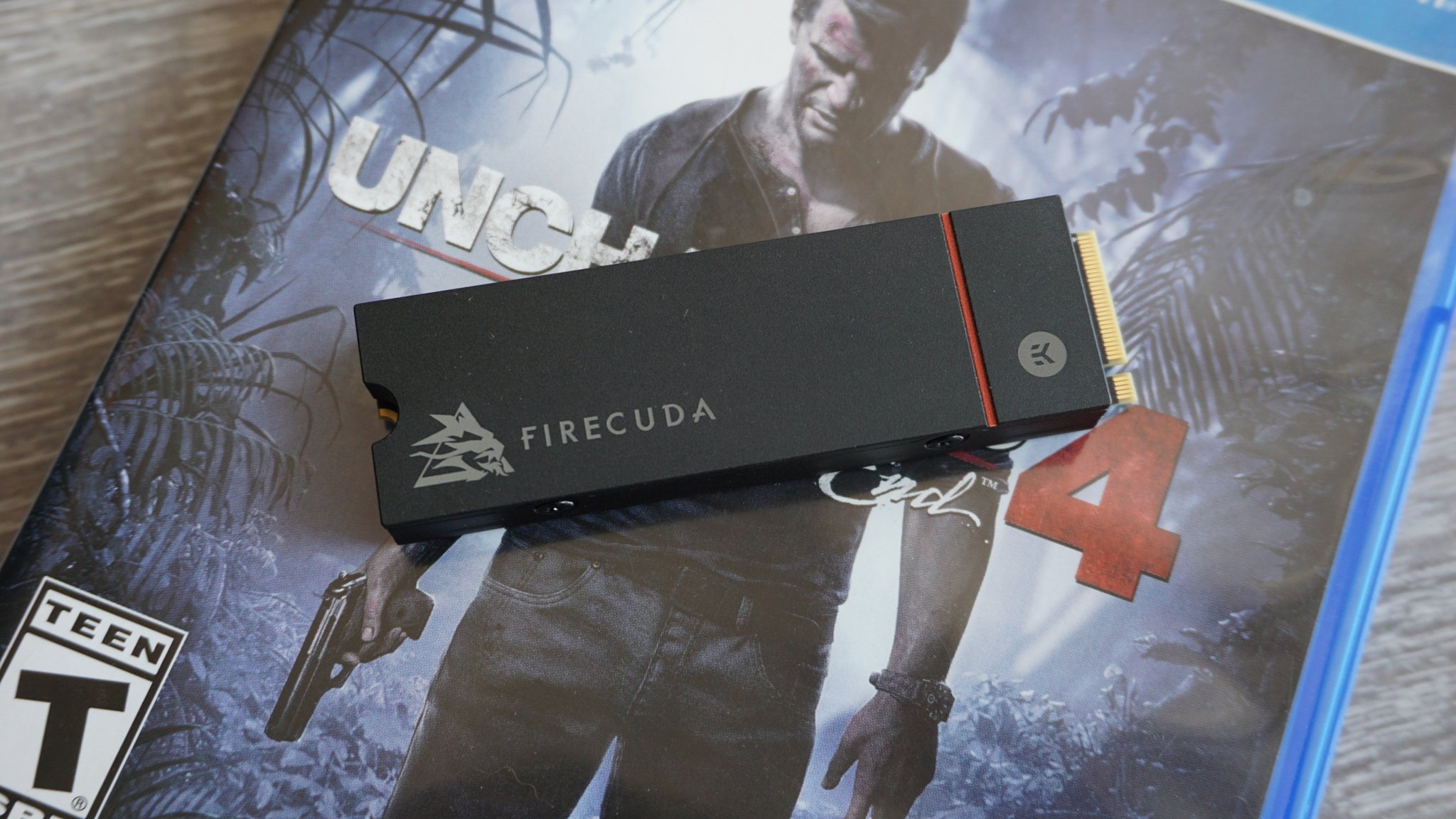
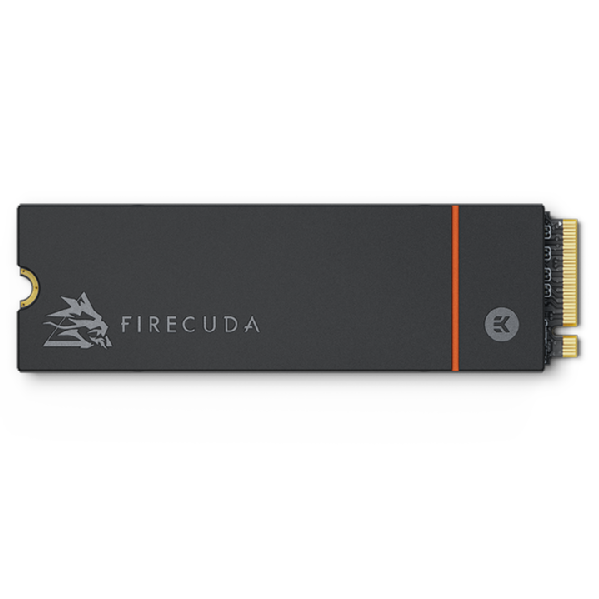
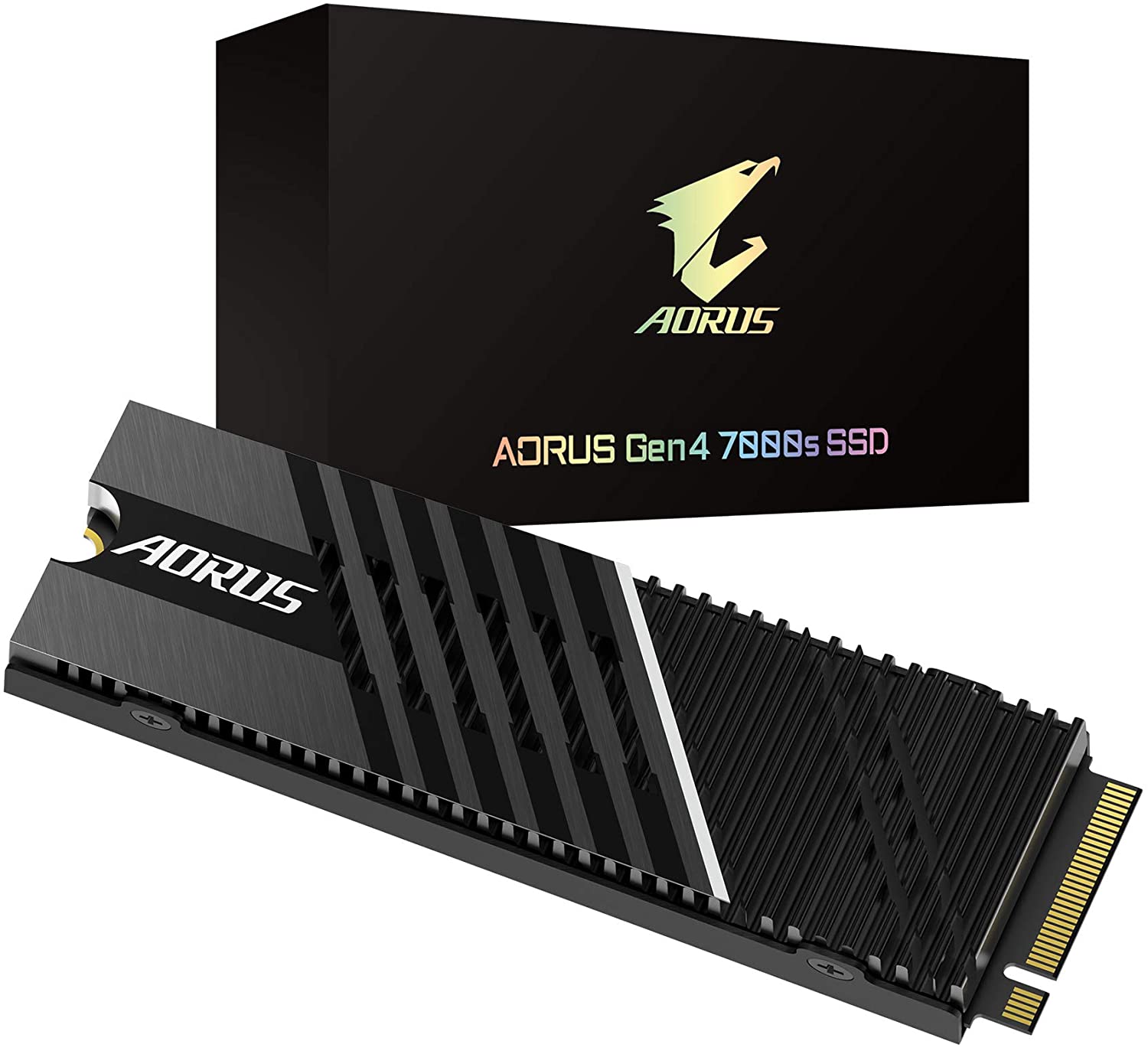

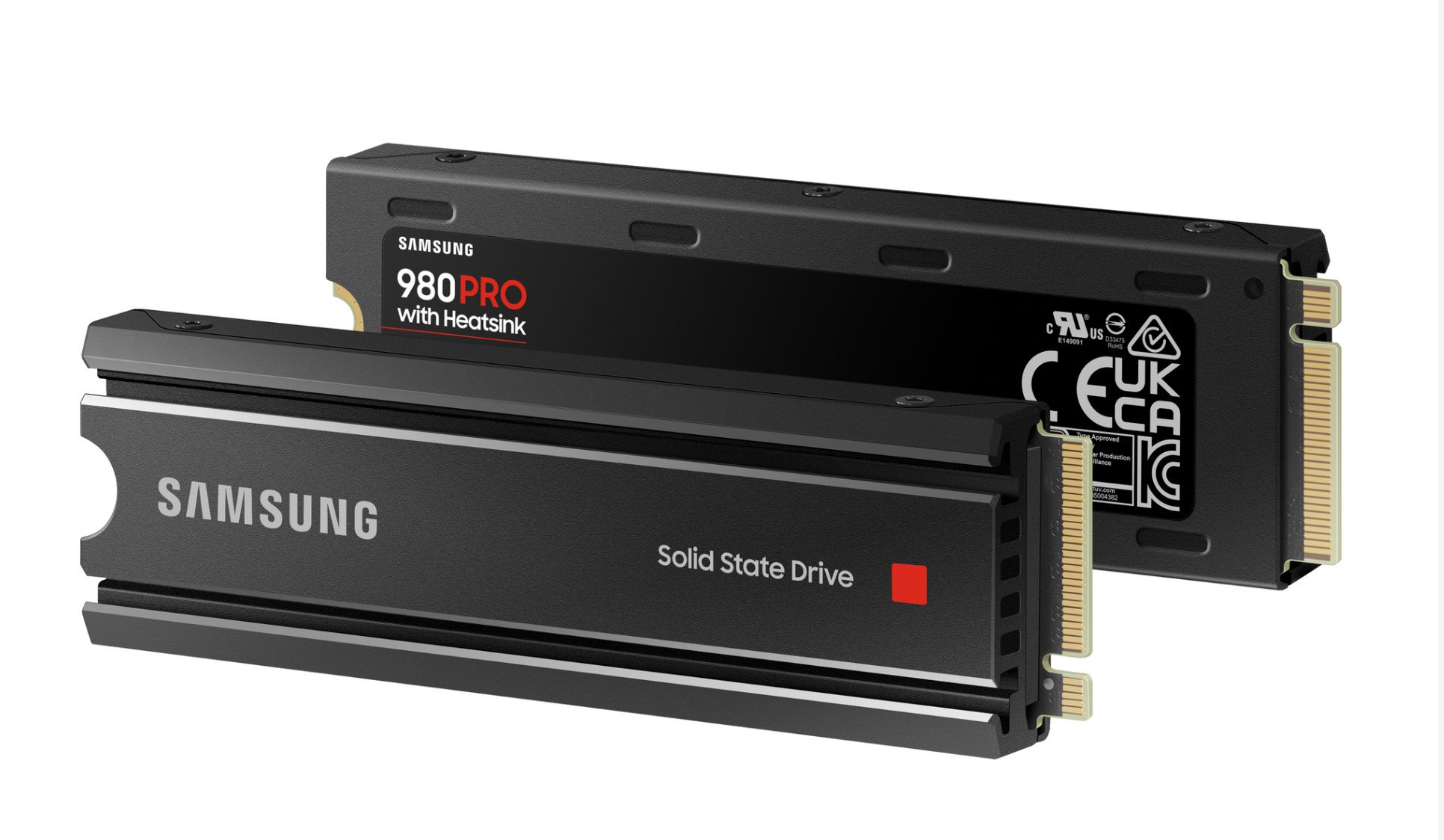
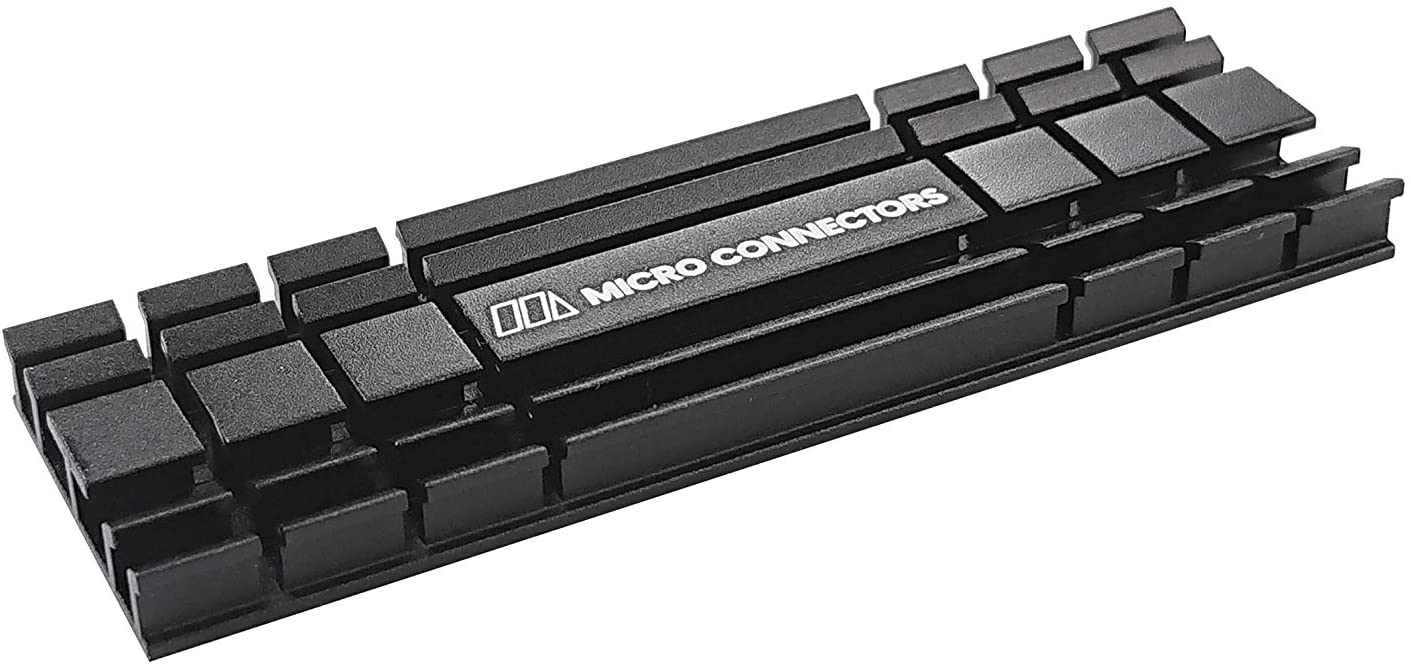

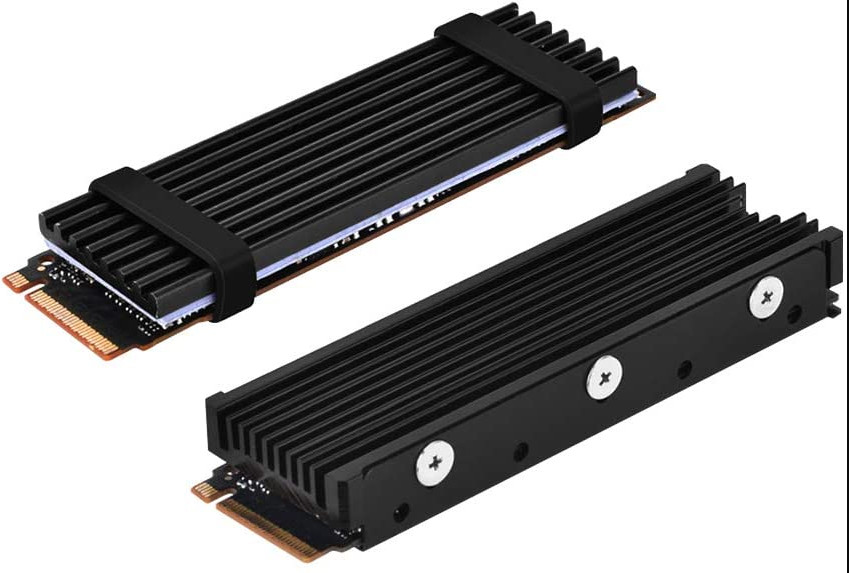
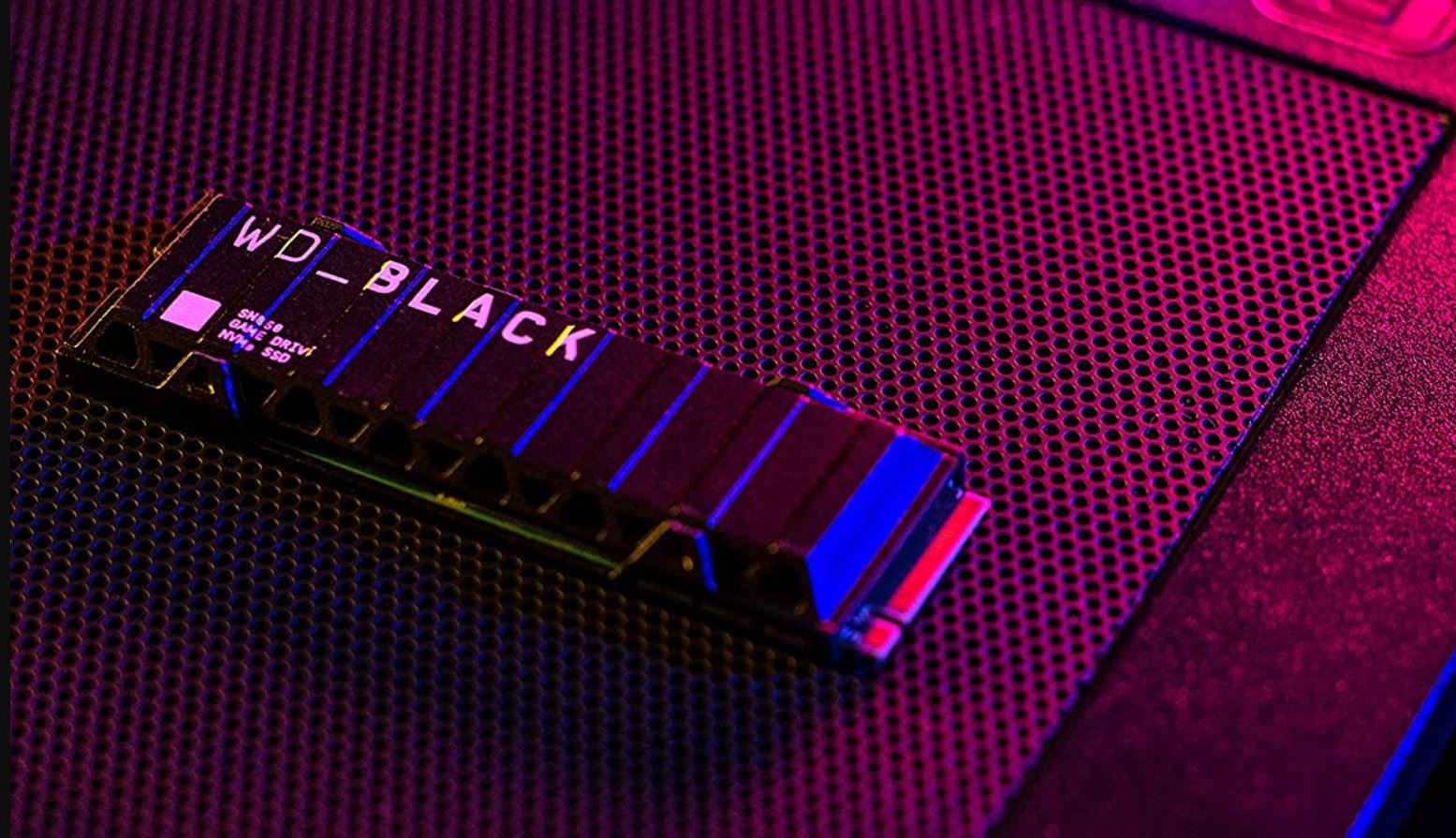
Tidak ada komentar:
Posting Komentar